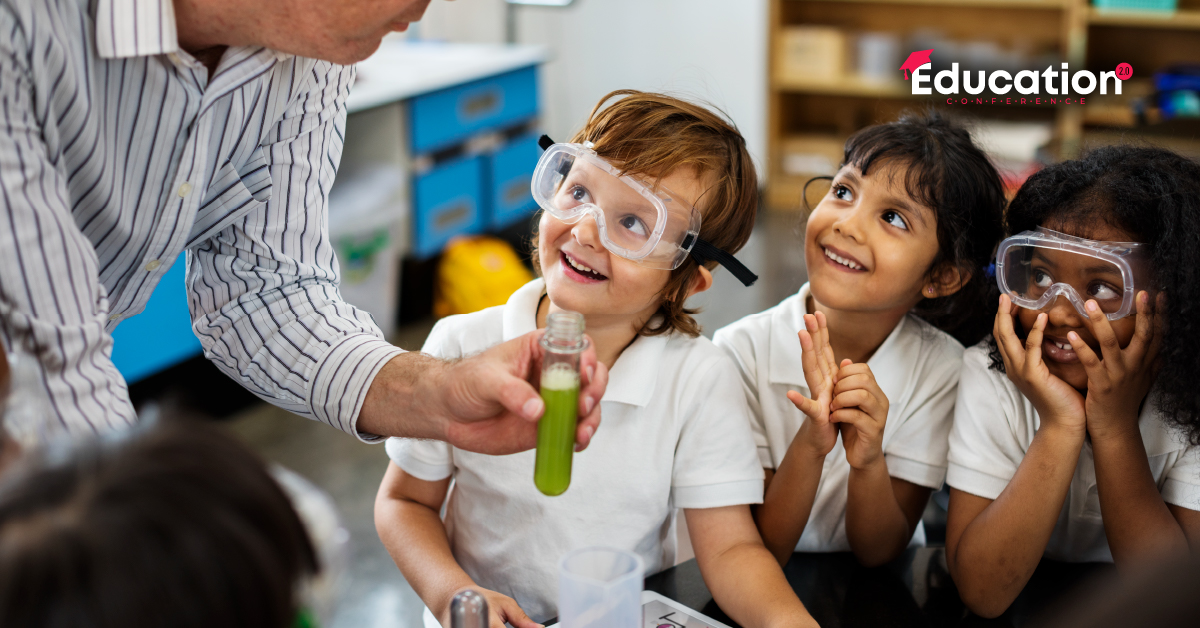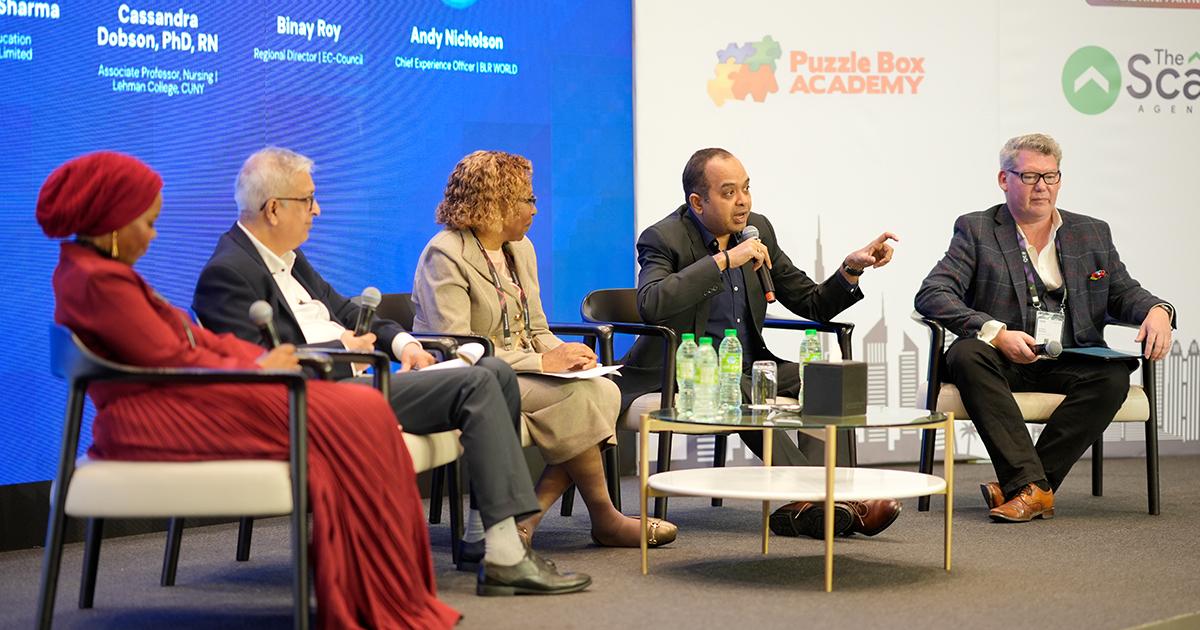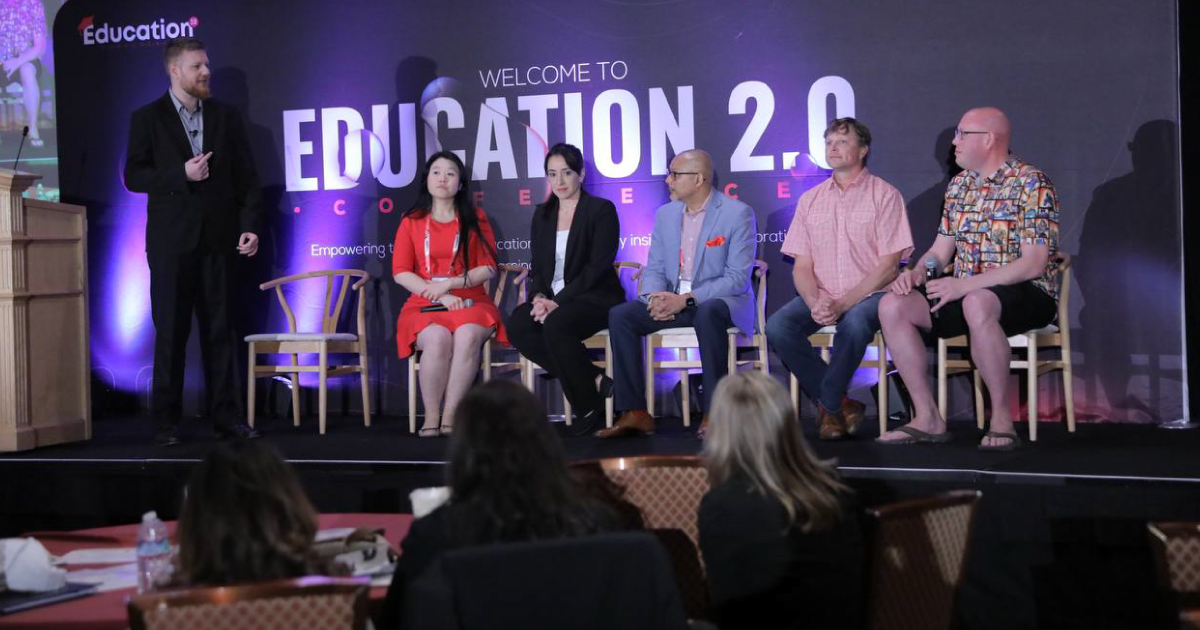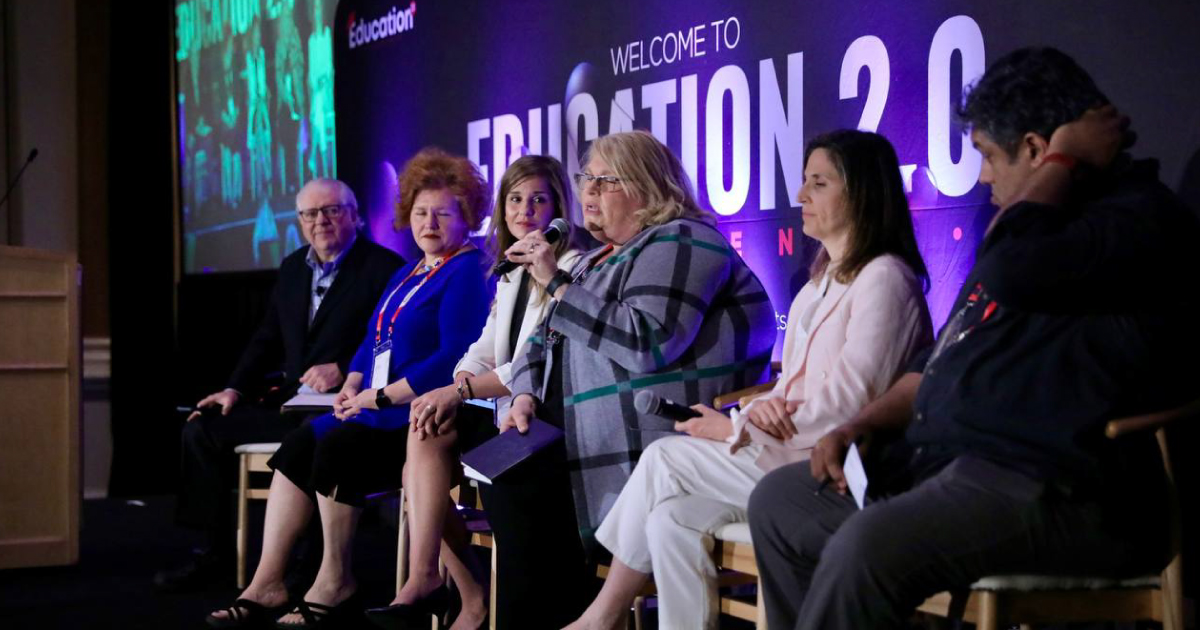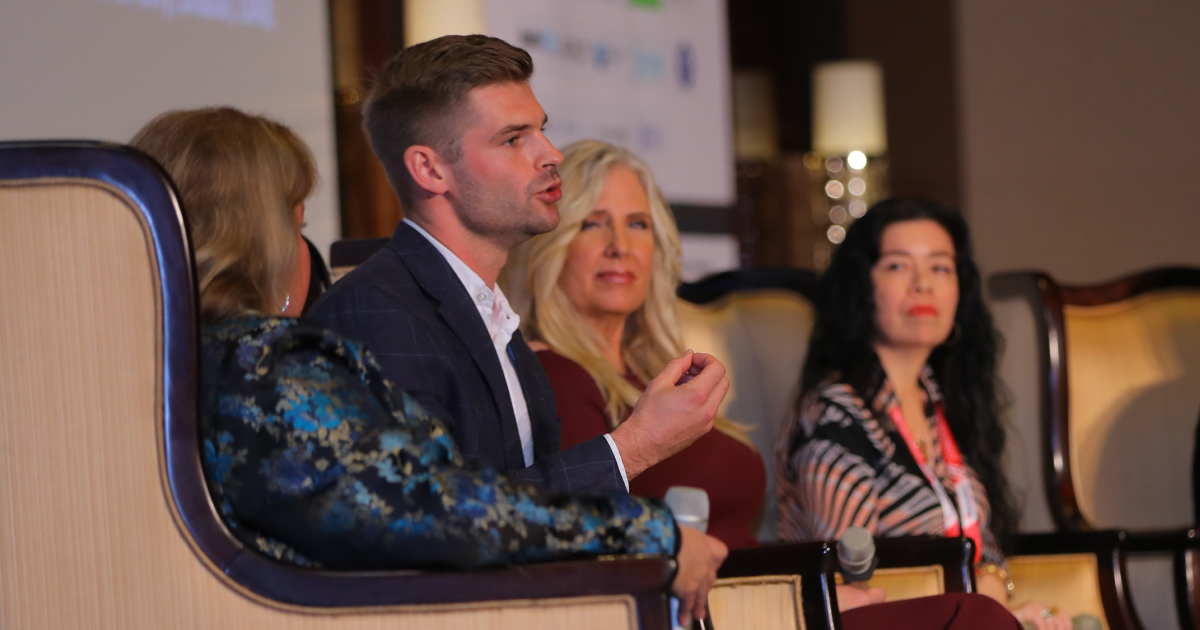High-quality early childhood education provides a good start in life and offers numerous opportunities to learn and grow. Early childhood education can assist your child in making new friends, gaining independence, and learning new routines, and it also helps them adjust to school. Especially after the pandemic, the onus is on the parents to make students get the hang of early education.
As directed by experts at the post-COVID education conference in the USA, nurturing children at an early age has become imperative for them to grow comfortable in the education environment later.
Promoting Young Children's Brain Development
The brains of children are influenced by both their genes and their environment. Babies are born ready to learn, accounting for roughly 90% of brain development for the first five years of life. The early years are critical because what happens in a child's environment and their interactions with others strongly influence brain development.
The pathways for vision and hearing develop first, followed by early language skills and higher cognitive functions. As children grow, these connections become more complex, and influencing brain development to create positive learning behaviors from an early age is much easier than rewriting them later.
According to researchers at education events, children who attend quality preschool programs are more likely to arrive at school with the social, cognitive, and emotional skills required to continue learning. These advantages extend far beyond primary school. Moderate participation in quality early childhood education has been linked to higher levels of educational success, employment, and social skills.
Making New Friends
At a young age, most children want to play with other children and can think about the feelings of others at an early level. Children at this age learn to play with others and may have a 'best friend.'
The aim is to encourage children to share and play with their peers in early childhood education. Through these interactions, they learn critical interpersonal skills such as empathy, which will help. Through these interactions, they get along with others in preschool and beyond.
Upcoming education events will focus on how children learn and begin understanding each other's feelings by spending time with their peers. Because young children are naturally selfish, learning skills like empathy can be complex, but the good news is that they can learn a lot by watching and interacting with their peers. These early social skills can help your child form friendships throughout their life.
Developing Self-Reliance
Participating in early childhood education is often the first significant time a child spends away from home & family. Being in a new environment can assist children in developing confidence and discovering their identity.
Between the ages of three and five, children develop essential self-regulation skills as part of their growing independence. Concentration, sharing, and taking turns are examples of these abilities. Toddlers, for example, may demonstrate self-regulation by waiting to play with a toy or paying attention to someone speaking to them.
Self-regulation skills are essential in helping children develop confidence and independence, allowing them to grow and understand who they are and form friendships. Parents, caregivers, and early childhood educators are all vital role models for demonstrating healthy self-regulation methods.
Developing New Routines
Children also adapt to a new routine outside the home by attending early education. Exercises can help a child's emotional and cognitive development, and knowing what to expect makes them feel secure and at ease.
Routines help children manage their surroundings and reduce problem behaviors like temper tantrums. Early childhood teachers and educators consider a mix of active/passive, indoor/outdoor, and child-directed/adult-directed activities when developing daily routines.
Assisting With The Transition To School
Your child's transition to primary school is aided by early childhood education, and it prepares children informally and formally through participation in various Transition to School activities. Children with a smooth transition to school are more likely to feel at ease, relaxed, and motivated to learn. This assists them in developing positive relationships with others, both children and educators, and a sense of belonging within the school.



